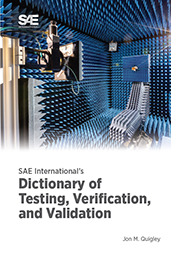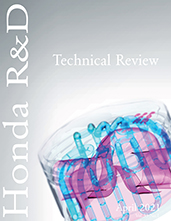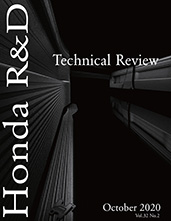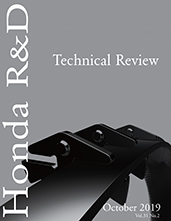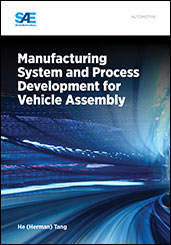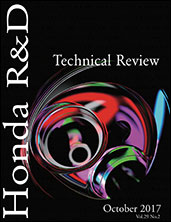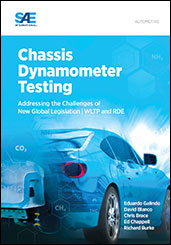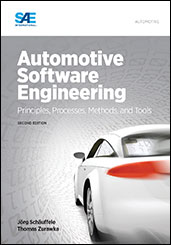Book

Automotive Fuels Reference Book, Fourth Edition
2023-11-15
The earlier editions of this title have been best-selling definitive references for those needing technical information about automotive fuels. This long-awaited latest edition has been thoroughly revised and updated, yet retains the original fundamental fuels information that readers find so useful. This book is written for those with an interest in or a need to understand automotive fuels. Because automotive fuels can no longer be developed in isolation from the engines that will convert the fuel into the power necessary to drive our automobiles, knowledge of automotive fuels will also be essential to those working with automotive engines. Small quantities of fuel additives increasingly play an important role in bridging the gap that often exists between fuel that can easily be produced and fuel that is needed by the ever-more sophisticated automotive engine.
